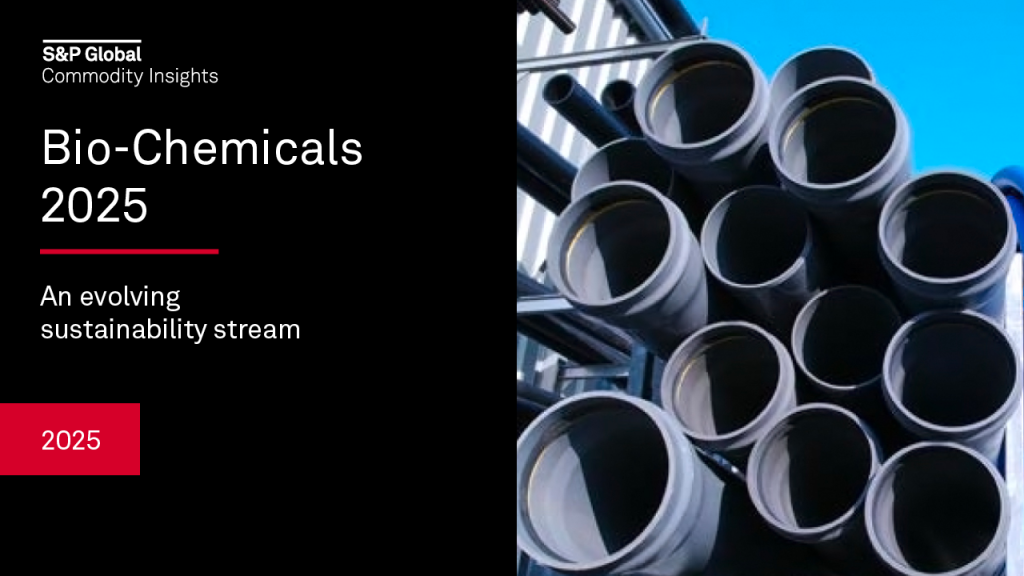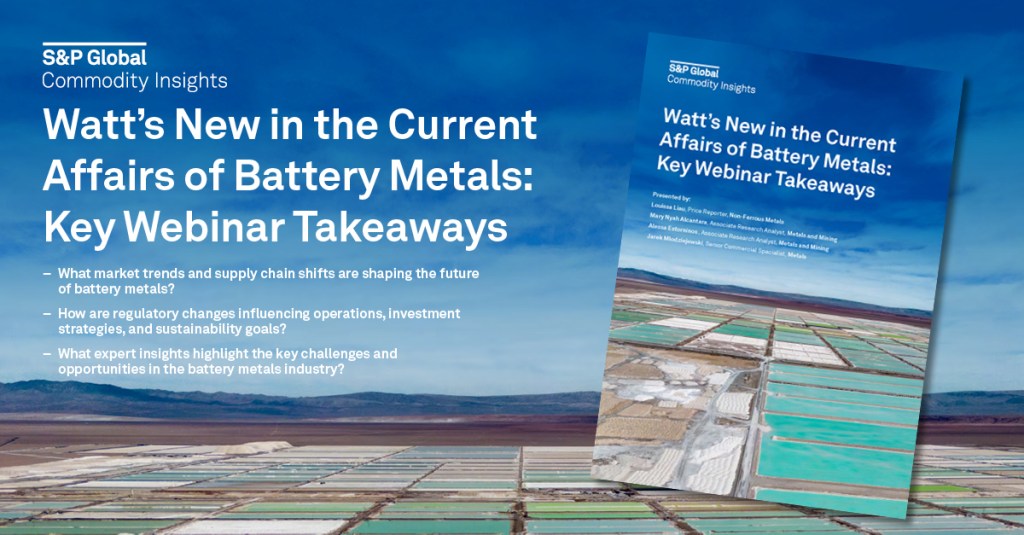DaimlerChrysler, Shell Hydrogen, Norsk Hydro, and Vistorka Icelandic New Energy Ltd.
In Reykavik, Iceland, a grand plan is being put in motion. The proposal of chemistry professor Bragi Arnason is coming to fruition, and Iceland is now on track to becoming the world’s first hydrogen economy.
The Icelandic consortium, Vistorka, is teaming up with three large multinationals — DaimlerChrysler, Shell Hydrogen (a business unit of the Royal Dutch/Shell Group), and Norsk Hydro — to form Icelandic New Energy Ltd. (INE). The three participating multinationals all embraced the idea of making the nation a testing ground for hydrogen vehicles and hydrogen-refueling infrastructure.
Pressure from the supply and price of oil and the global efforts to combat climate change, coupled with the opportunities presented from the revolution in hydrogen fuel cells, provide an ideal opportunity for Iceland to undertake this experiment. And Iceland itself provides the ideal location. The island relies heavily on indigenous renewable geothermal and hydroelectric energy, and the entire energy system is reliant on approximately 58% renewable-energy sources. Plus, Iceland’s population is small, and technology levels are high. With a population of only 280,000, the majority of which lives in the Reykjavik area, and some 180,000 vehicles, Iceland presents an ideal location as a test ground for the new hydrogen technology.
If Iceland could turn to hydrogen as its main energy carrier, not only could it be independent of imported fossil fuels but could also easily reach its Kyoto protocol commitments on CO2 emissions. The technical, financial, and political communities in Iceland saw this development as a stepping-stone toward their ambition of becoming self-sufficient in energy.
A five-phase development schedule has been laid out. The first phase is a fuel cell bus demonstration and evaluation project, called the Ecological City Transport System (ECTOS). Under ECTOS, a hydrogen fueling station from Norsk Hydro is to be erected at a Shell Iceland fuel station for hydrogen fuelling of three DaimlerChrysler city busses to be delivered in 2003 and tested for two years in the streets of Reykjavik. The program is funded by the partners, the government of Iceland, and the European Commission.
In the second phase, all Reykjavik city buses would be replaced with hydrogen vehicles, and consideration would be given to changing all other Icelandic bus fleets to hydrogen. In the third phase, hydrogen-powered private vehicles will be introduced. In the fourth phase, hydrogen power units for marine vessels will be introduced, and the fifth phase will see a conversion to hydrogen by Iceland’s large fishing fleet.
The outcomes could present major implications for the future of hydrogen power globally. Many other countries are increasing use of renewable energy; these sources can also be used to produce hydrogen. The ultimate challenges for these countries, and for Iceland, are both producing hydrogen and establishing an infrastructure to deliver it. The Icelandic partners hope to provide a model for the rest of the world.









